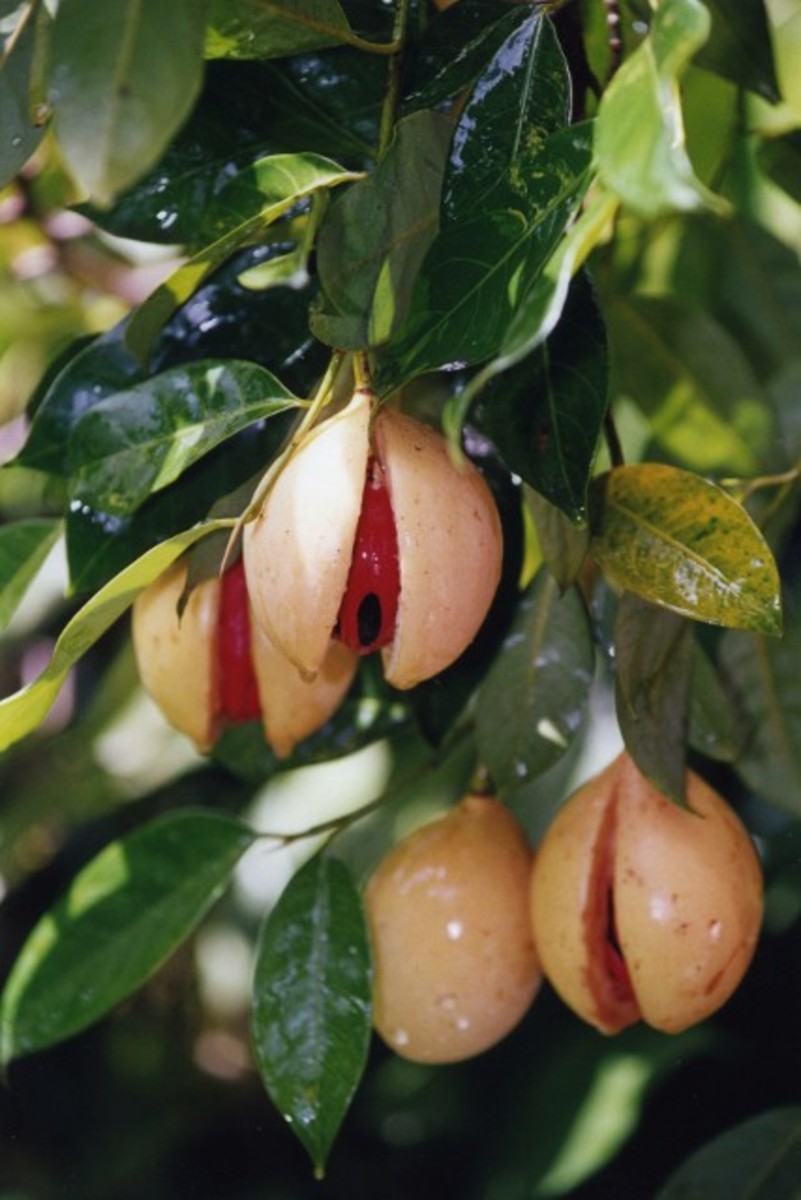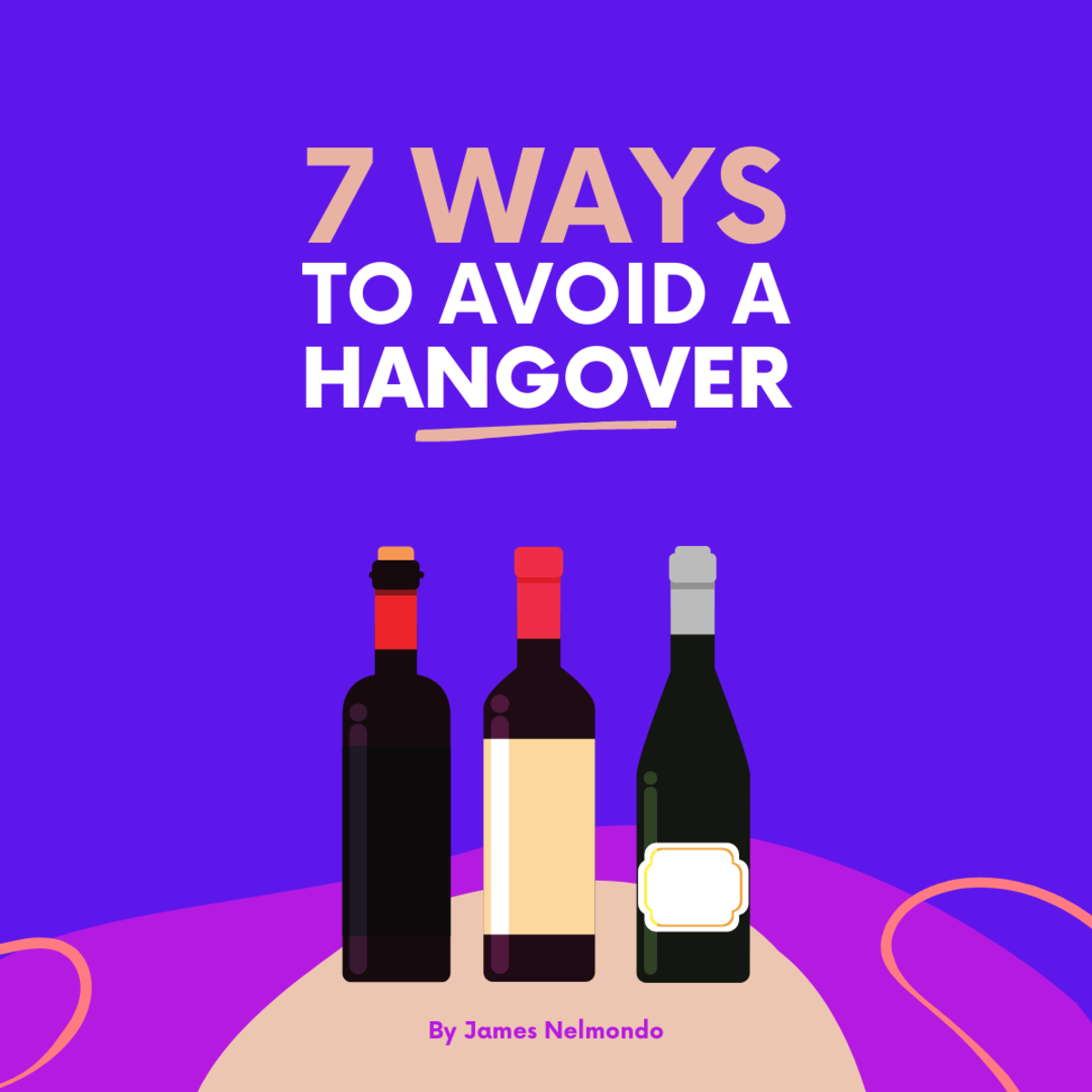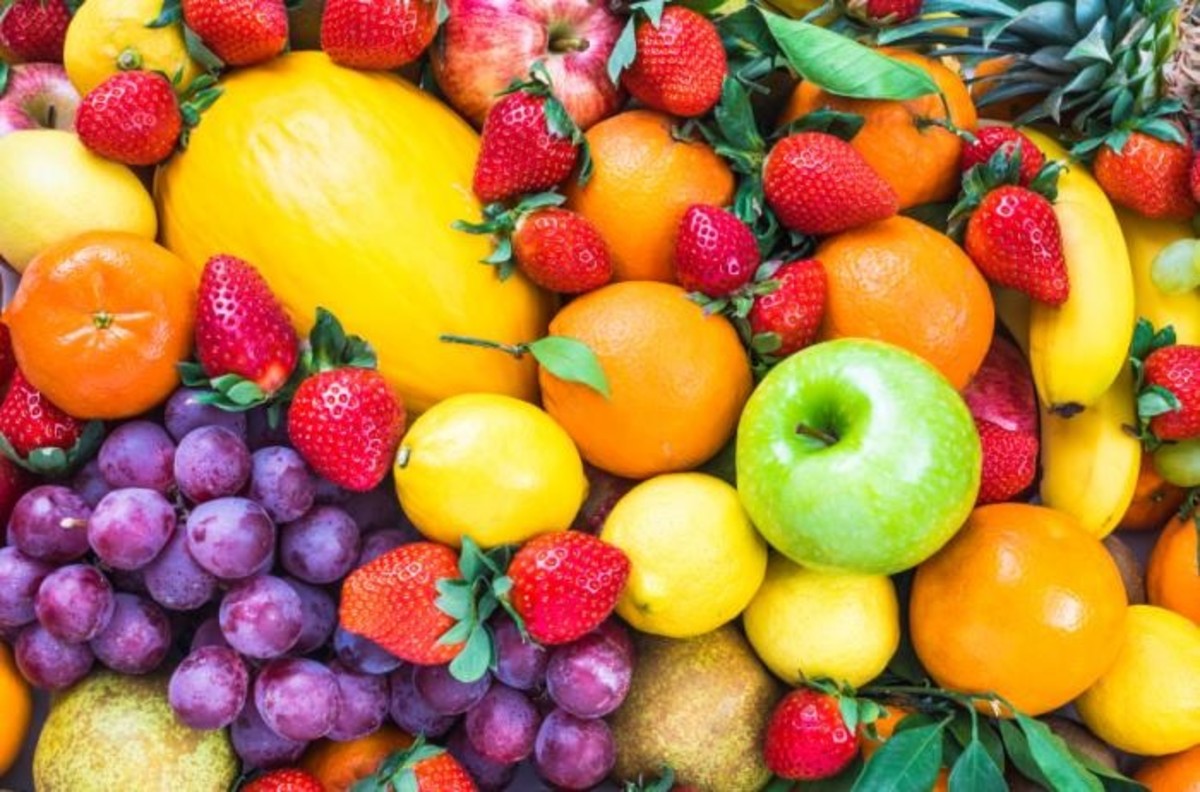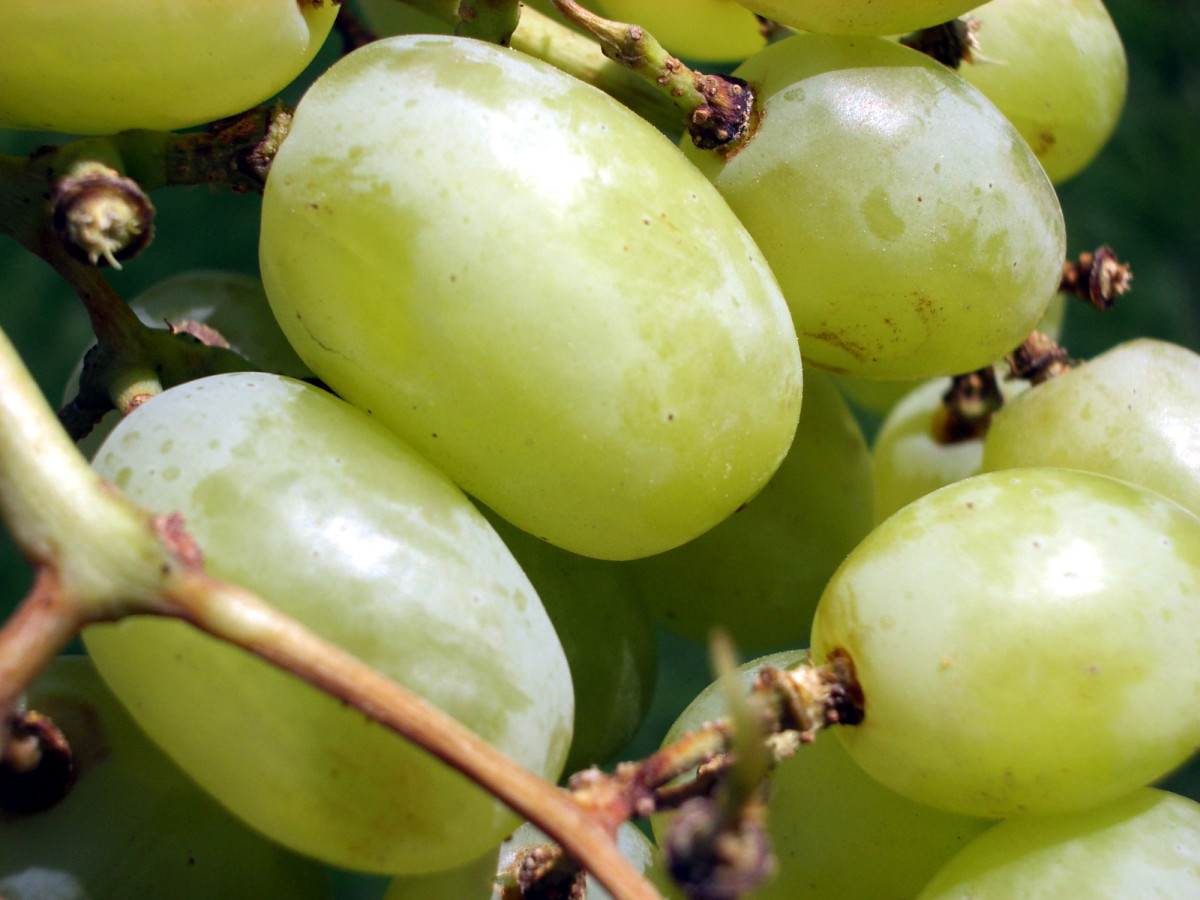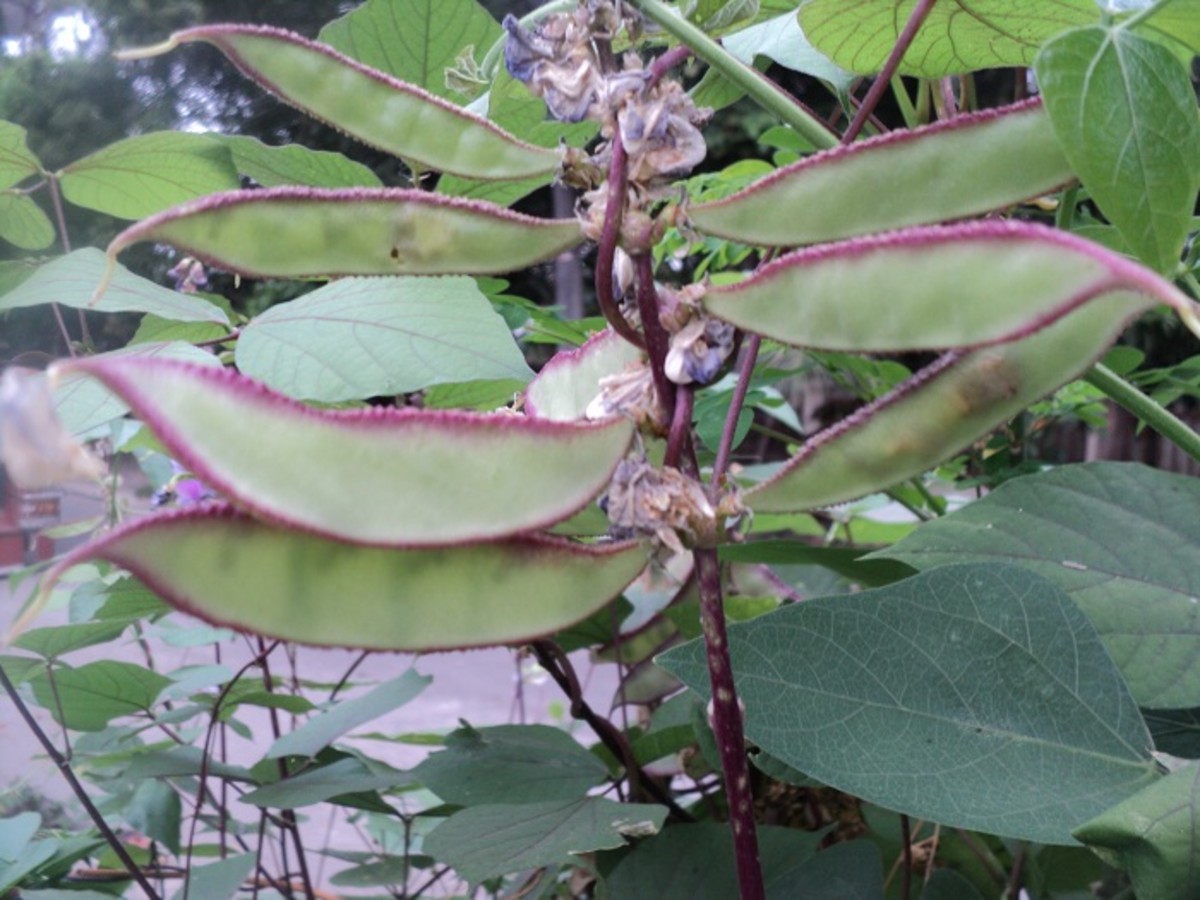Healing Foods and Herbs
Many foods, spices, and herbs contain healing properties. You can easily find many of these foods and spices in your kitchen or local grocery store. They are easy to implement into your daily life, but remember that they shouldn’t act as a substitute for regular medical care. There are many of these foods and herbs out there, so I suggest you buy a reference book that catalogs all of them. Here are some of the most common:
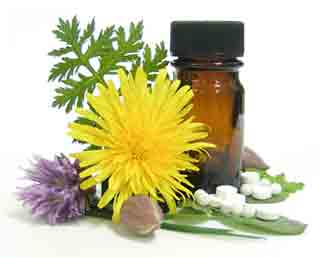
Reference Guides
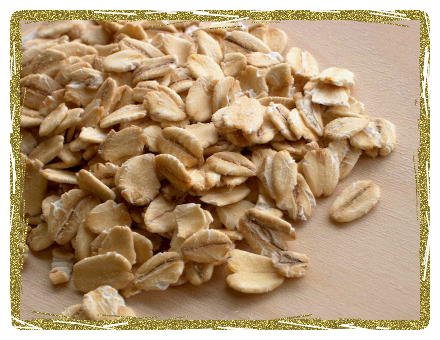
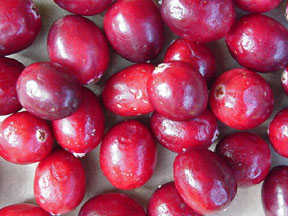
More Hubs About Health
- Nutritious Foods with a Special Health Punch
By Stacie Naczelnik: Whether you are looking to lose weight, maintain a healthy weight, or live a healthy lifestyle, incorporating foods that give your diet a health punch will help. Here is a list of beneficial foods you can add to your diet - Cooking with Cinnamon - For Flavor and Health
By Stacie Naczelnik: Learn more about different ways to cook with cinnamon. This article also outlines specific health benefits cinnamon adds to your diet. - Ginger: The Benefits of & How to Use
By Stacie Naczelnik: Ginger is one of the foods that can give you a health punch because it is so full of healthy benefits for your body (and mind). Learn why ginger is good for you, plus some tips for using it while cooking. - Coping With SAD: 5 Tips
By Isabella Snow: Seasonal Affective Disorder (SAD) can really suck. For some it’s a mild annoyance, for others, it’s the equivalent of severe clinical depression. Here are 5 tips to help you cope. - Seven Simple Steps to a Healthier You
By Maddie Ruud: In a world full of negatives, no wonder a person doesn't know where to start! If your goal is improving your health and well-being, shouldn't there be positive steps you can take?
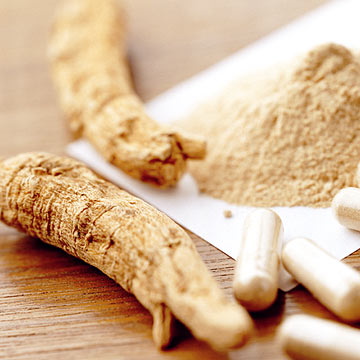
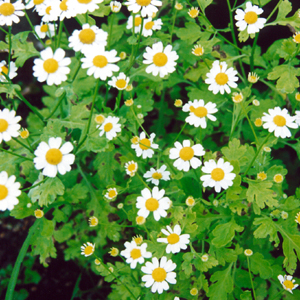
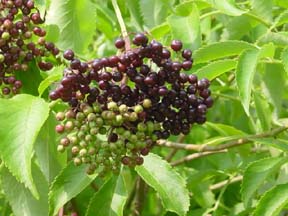
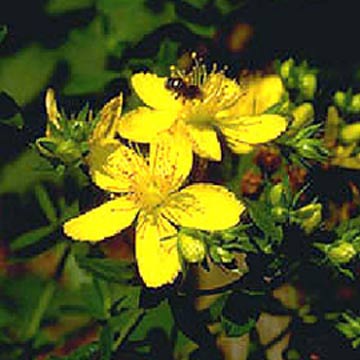
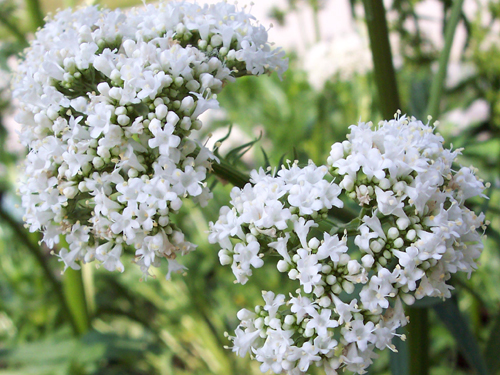
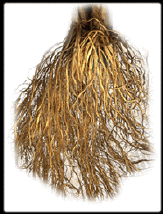
Foods & Nutrients
Starches
Starchy and sugary foods, without much protein, eaten late in the day can trigger effects in your body to help you sleep. Starch or sugar is digested, producing glucose. Glucose is a natural star that triggers the release of insulin. Insulin is a hormone tat removes glucose from your bloodstream. At the same time, insulin also removes amino acids in your bloodstream—except for on: tryptophan. Tryptophan passes into the brain where it produces serotonin, which helps you sleep. Examples of these kinds of foods are white bread and fruit juices.
Oats
Oats are famous for their cholesterol-reducing effect. These whole grains will be more powerful when combined with other foods that offer related properties. A 2005 University of Toronto study showed that a vegetarian diet that included oats, soy protein, almonds, and plant-sterol margarines can help reduce cholesterol almost as much as cholesterol-lowering drugs, but without the side effects. The more of these foods you consume, the more your cholesterol will lower. Implement these foods into your daily life by eating a bowl of oatmeal for breakfast, adding tofu to your lunch, and snacking on almonds mid-afternoon.
Cranberries
Cranberries keep bacteria from sticking to the urinary tract, helping to prevent urinary infections. One cup of cranberry juice a day cuts infection rates by half.
Fiber
Foods that are high in fiber reduce the risk of several illnesses, from cancer to varicose veins. By incorporating natural fiber (like beans, vegetables, fruits, and whole grains) into your diet, you can eliminate the use of chemical laxatives. Aim for 26 grams of fiber a day.
Flavorings & Spices
Garlic
In 2005, the American Family Physician stated that eating 1 to 2 garlic cloves a day could reduce cholesterol by about 5%. It also helps lower blood pressure. Garlic acts as a natural antibiotic for your body.
Ginger
Heading out for a cruise or a fishing trip? Ginger can prevent motion sickness. Research conducted at the University of Michigan in 2003 showed that consuming ½ tsp. of ginger powder each day will prevent nausea. If you are travelling, you can take 500mg ginger capsules. Ginger also stimulates digestion and relieves gas.
Cinnamon
Cinnamon is often used as a spice in cooking and baking, but it also helps control blood sugar levels for diabetics. In 2003 and 2006 studies, about ½ tsp. of cinnamon a day reduced blood sugar by 10 to 20%. You can add small amounts of ¼ tsp. to each meal.
Herbs & Extracts
Ginseng
Extracts of this root provide a mild stimulant effect that fights fatigue, increases energy, builds stamina, improves memory, and helps the nervous system recover from long-term stress. It is called an adaptogen because it helps bring the body back into a state of balance. Long term use (1-3 months) of ginseng is recommended for best results. In 2004, English researchers found that 200mg a day improved performance on standardized memory tests. Tips: American ginseng is more cooling, Chinese red ginseng is warming, and Siberian ginseng is fairly neutral.
Feverfew
Leaves from this wild plant can help prevent migraines. A 2005 German study showed that using feverfew extract (6.25 mg) three times a day cut the frequency of migraine attacks by 40%.
Elderberry
Some studies suggest that black elderberry extract can help shorten bouts of the flu. Norwegian researchers, in 2000, gave the extract to 60 flu patients. They found that flu symptoms were reduced by an average of four days. They recommended dosage is 15ml, four times a day for five days.
St. John’s Wort
This yellow-flowered perennial has been used to relieve depression and anxiety for a long time, but has only recently been widely studied by the medical community and touted for its effectiveness as an anti-depressant. It acts much like Prozac and Zoloft, but without the side effects. St. John’s Wort blooms around the Summer Solstice and has been referred to as Herb of Sun. It can help relieve the melancholy of Seasonal Affective Disorder. St. John’s Wort also acts as an anti-inflammatory. It is useful for new injuries and as a remedy for chronic inflammatory conditions. It also has significant anti-viral action.
Valerian
This root extract acts as an effective sleep aid. A University of California, San Francisco, review published in 2006 showed that valerian improves sleep without the “hangover effect” common with many sleep medications. Valerian can treat a variety of nervous complaints, including anxiety, insomnia, pain, mental depression, hysteria, and hyperactivity. Valerian is a popular herb to help with insomnia, but bear in mind that it helps you fall asleep, not stay asleep. If you have problems sleeping throughout the night, try combining valerian with passionflower. Valerian acts as a useful antispasmodic that can help digestive disorders and menstrual cramps. It also helps with pain, like backache, sore muscles, and shingles. Valerian should not be used during pregnancy.
Cats are drawn to valerian. They will have the same ecstatic reaction to it as to catnip. Rats are also attracted to valerian.



